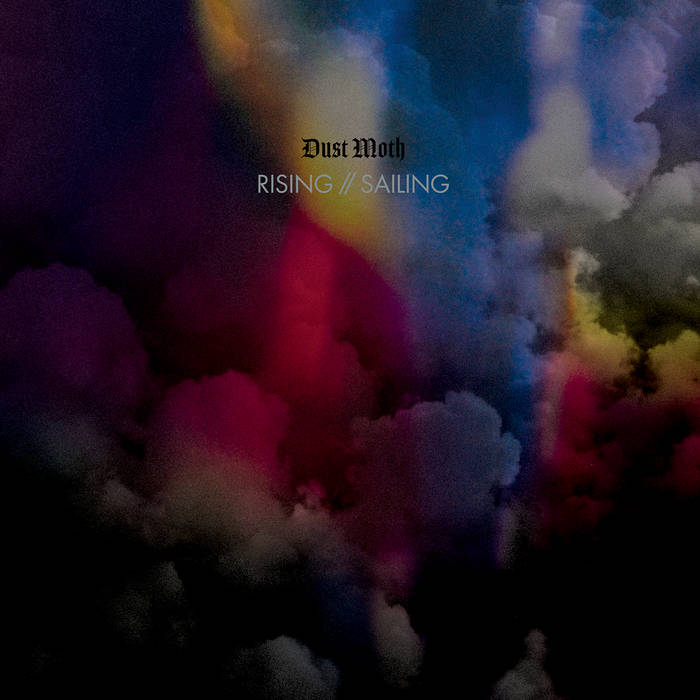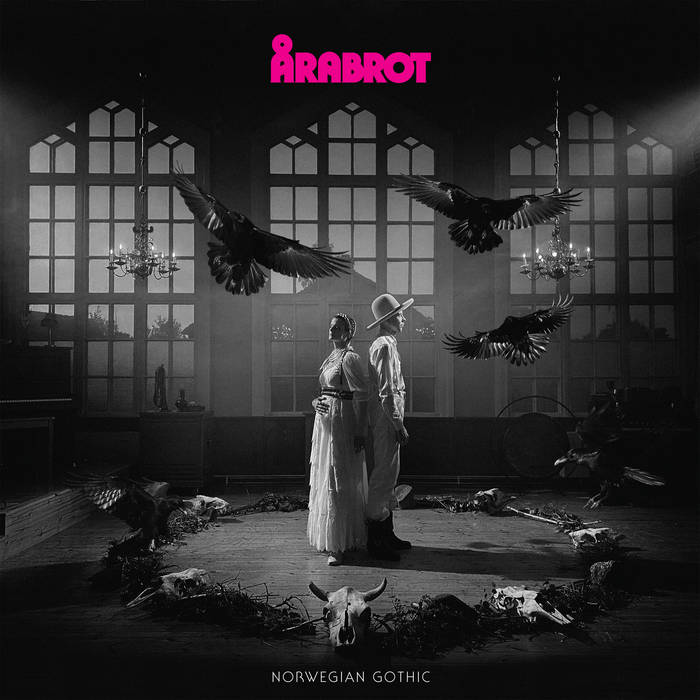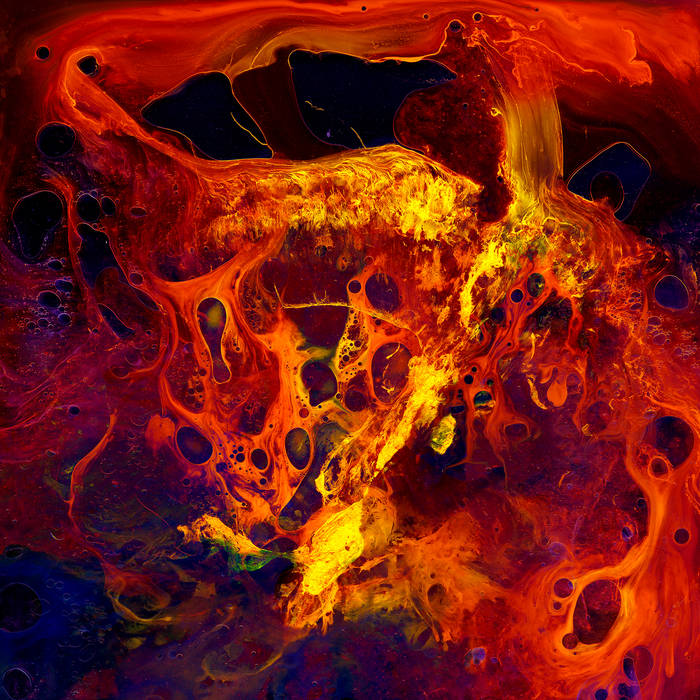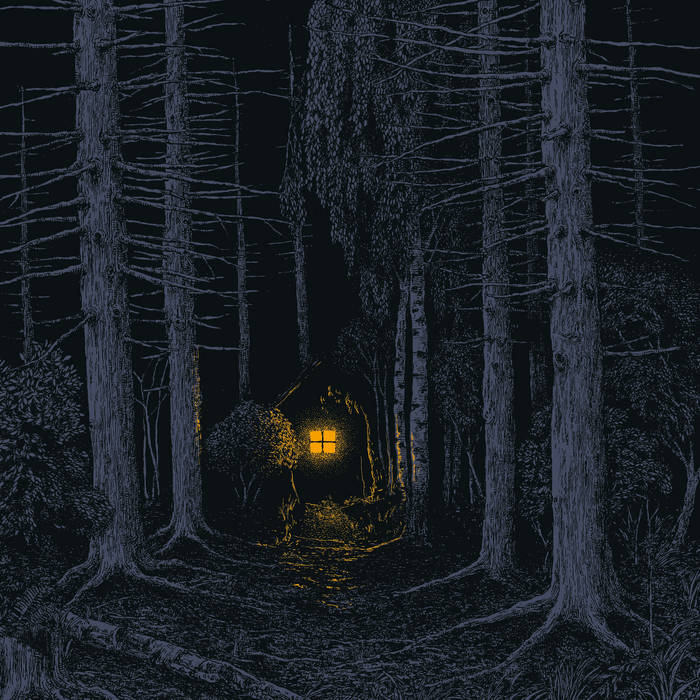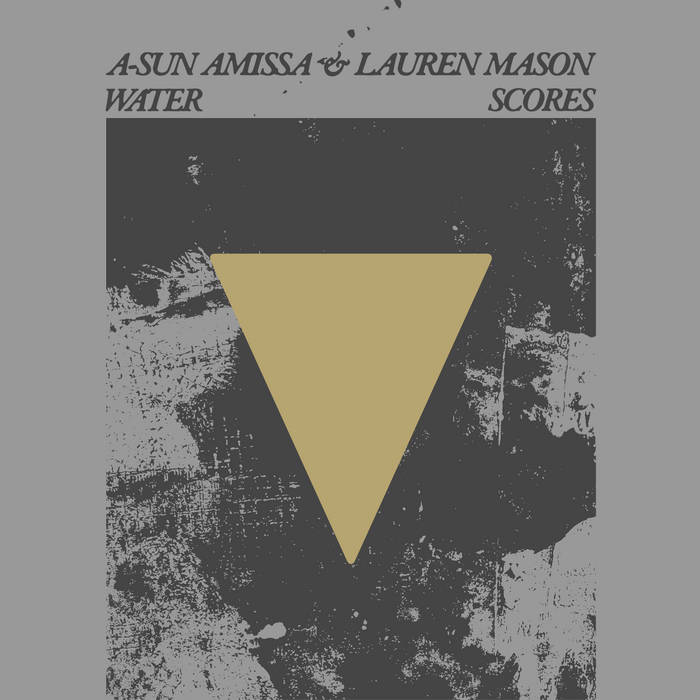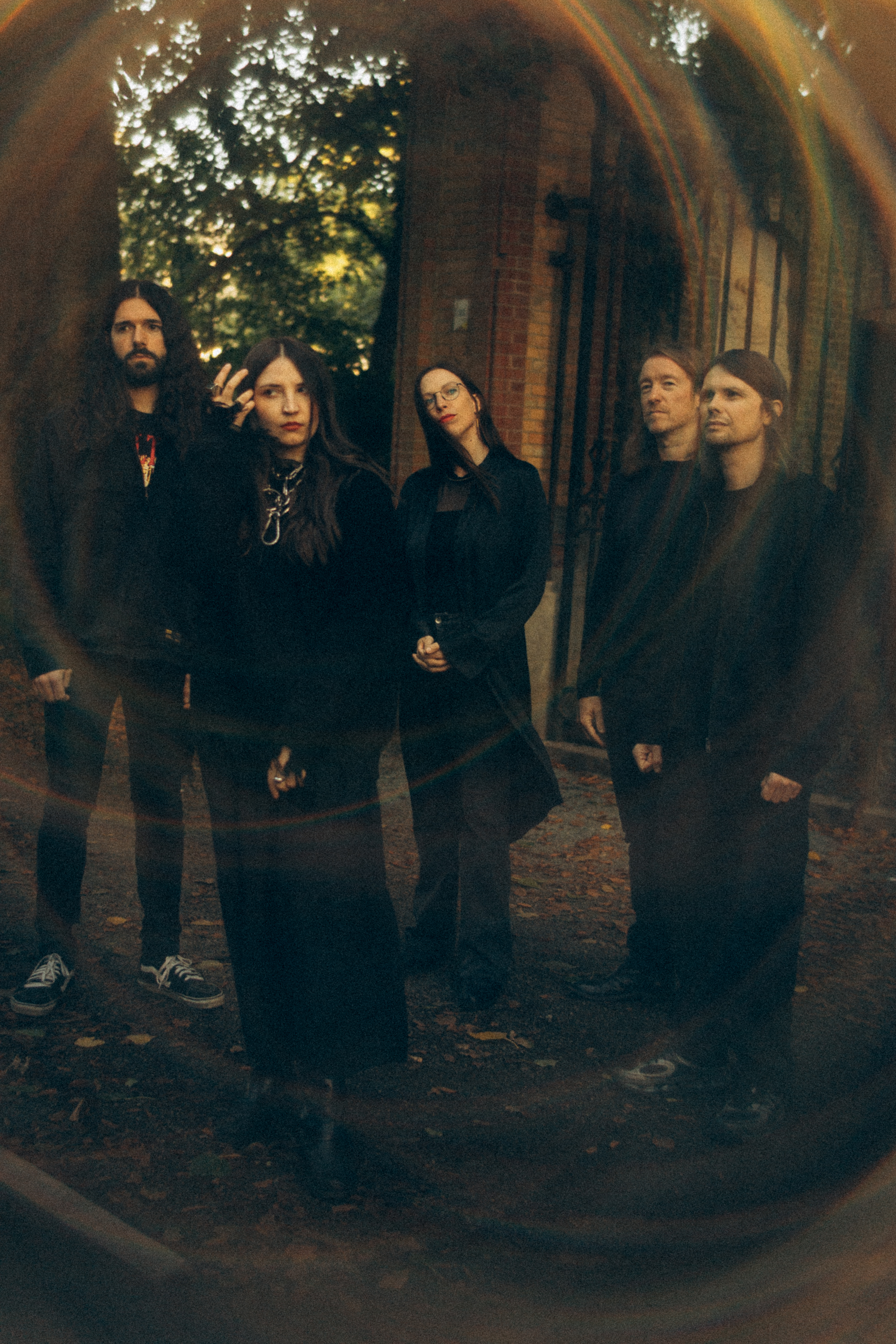Ryan Frederiksen’s band after These Arms Are Snakes releases another record full of pearling hardcore and emotive indie-rock. Lo and behold!
We all know the following scenario: one of your favorite bands breaks up, the members go their separate ways and after a while one of them comes along with a new band. What do you expect? The same or the new sound? Honestly, one is better off, when expecting something new (or nothing at all). The very same thing can be said about the “latest” band of Ryan Frederiksen who was part of three of the most sensational hardcore bands of all times – Nineironspitfire, These Arms Are Snakes and Narrows. After the end of the latter one, Frederiksen started another band that is very different from those three giants: the indie-rock meets punk-rock quartet Dust Moth which just released their second full-length after 2016’s The Scale.
Rising//Sailing is a very interesting band because it is Frederiksen’s baby and yet one needs to really listen to hear that it is him. But there are some elements that show his involvement: The characteristic chopped off stop and go guitars, for example in the second track “Everything Anew” which functions like another bridge between TAAS and slightly gothic-influenced post-punk. Or the fine-pearling click-drumming of Justin Rhoda which sometimes remind one of the finest moments on Tail Swallower and Dove (compare Dust Moth’s “How To Sleep” to TAAS’ “Prince Squid” for example). These stylistics are there and should not be overlooked; however, one should also note the unique-ness of Dust Moth as a band on its own. The Scale already showed this by placing Irene Barber’s vocals dead-center and they certainly leave an indelible mark on the sound of her band. Her voice is like a mixture between Stevie Nicks and PJ Harvey, very smooth and a bit ethereal – combined with the music, it becomes clear how special Dust Moth is.
The band shows so many things on these eight tracks and forty minutes that each song seems to function on its own and in its own genre. There are the aforementioned hardcore elements in “Everything Anew” and the gothic-like synths in “How to Sleep”, but there is also this very post-rock-like depth of the crescendoes in “Other Worlds” which seems like a crossing between The God Machine and This Will Destroy You. “Flinching” then starts off like a very hard hitting piece of rock with Barber singing about a very sexualized encounter with an apparition, maybe the thought of a love long lost? That love still holds a tickling sensation for her “crawling down her spine”.
The next songs also each have their own sound but one thing is interesting that nearly every song has one instrument contributing a remarkable line – be it the guitars, the synths or as in “Melted Monuments” the bass, which plays a very unique chopped up line in one part of the song only to provide some crunchy distortion and give a little fuzz-edge to the later parts. Very often we talk about the rhythm section being the integral, unifying element of a band giving the different songs some cohesion. With Rising//Sailing this role is taken on by Irene Barber whose vocals (combined with the placement in the mix and with a bit of hall and breeze on it) are the one trademark that all songs share and that holds the record together.
So with Dust Moth, Ryan Frederiksen has a new band and even though its sound and style is distinctly different from his former bands – one thing remains the same: His work stands out among the sheer number of indifferent bands. This one is another milestone for indie music. Maybe less hardcore but still unique. And that was always what he was striving for. As all musicians should.

